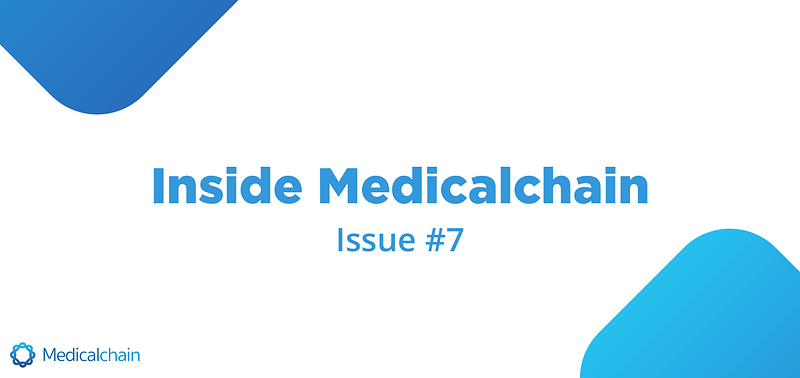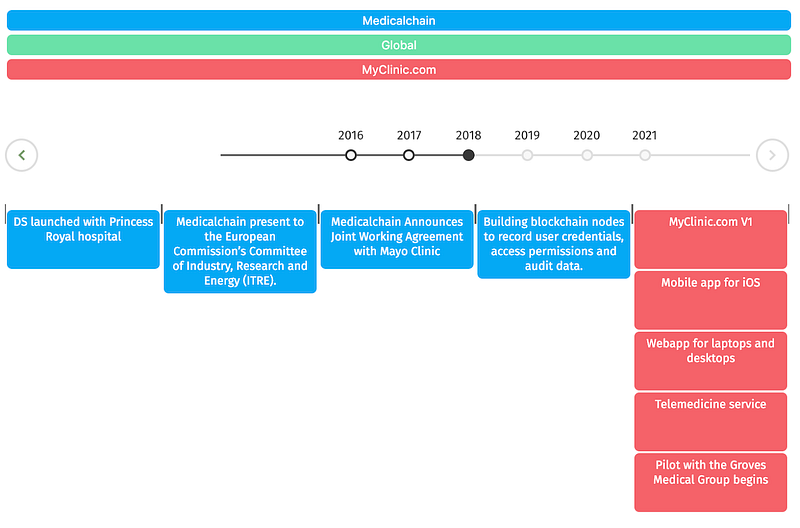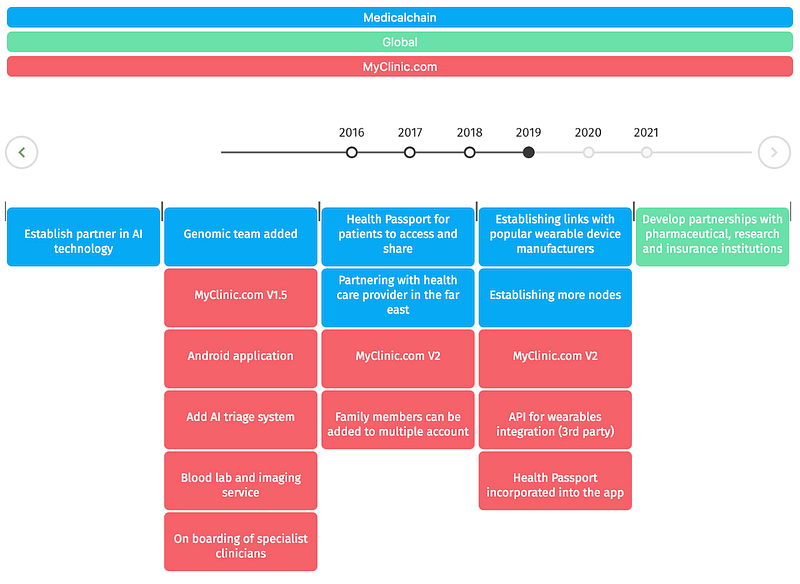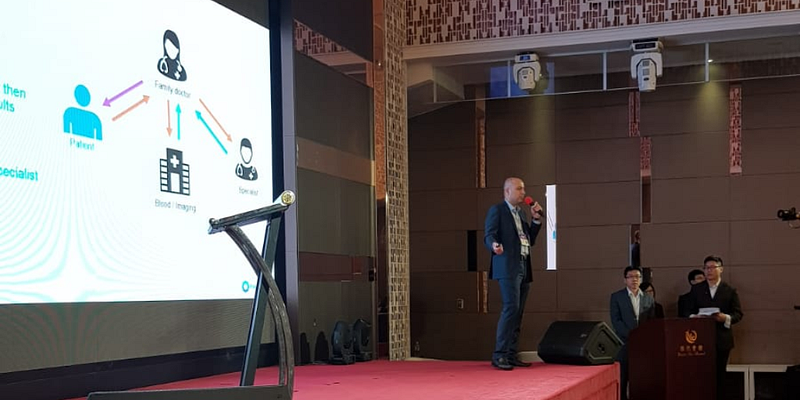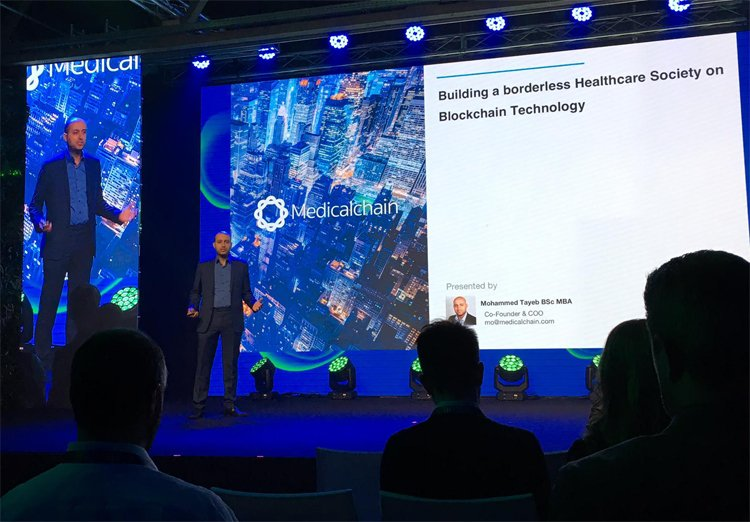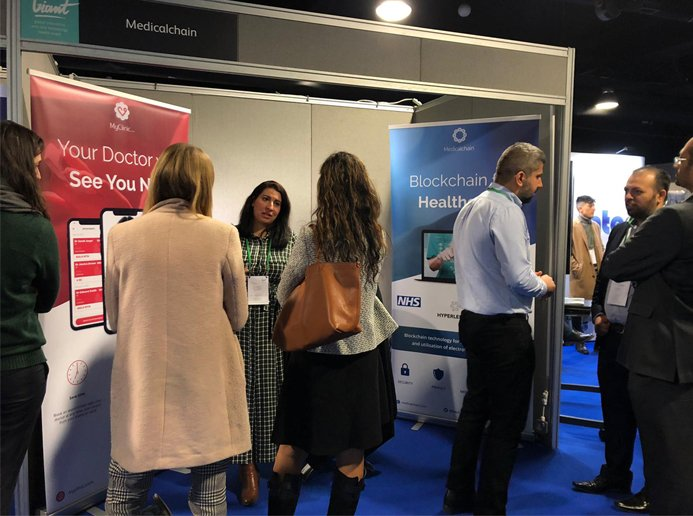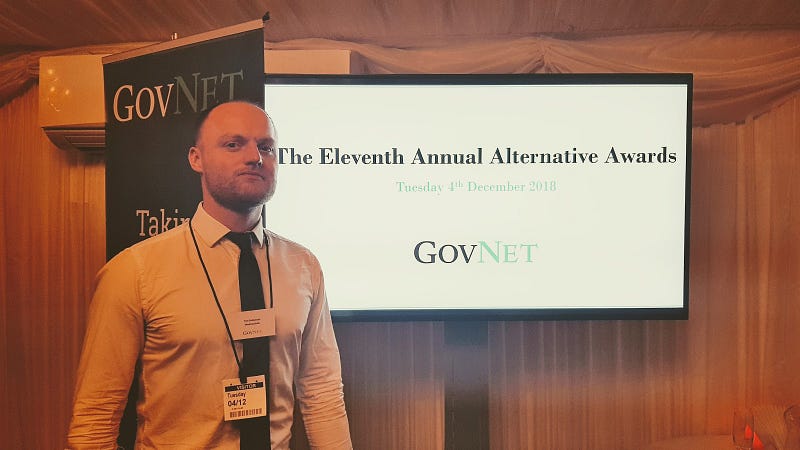William James, an American psychologist was a leading thinker of the late nineteenth century and one of the most influential U.S. philosophers. Labelled as the “Father of American psychology” he wrote back in 1890 —
“The faculty of voluntarily bringing back a wandering attention, over and over again, is the very root of judgment, character, and will.”
Social skills are formed through face-to-face interactions with others from birth, such as infants with their parents and siblings, and children with their peers at nursery and school. But there is a growing concern that the use of social media is effectively displacing the way the new generation is developing their peer to peer social skill-set throughout adolescence. The question is whether these digital stimuli have the potential to influence the risk of behavioural addiction.
University College London psychiatrist Dr Michael Bloomfield states: “Adolescence is a critical period for a person’s development, particularly as our brains go through important changes during our teenage years.”
Neuropsychiatric Disease and Treatment, which is a peer-reviewed medical journal covering research in psychiatry and neurology, released an in-depth article into the Maturation of the adolescent brain. It stated:
“It is well established that the brain undergoes a “rewiring” process that is not complete until approximately 25 years of age… The nucleus accumbens, a part of the brain’s reward system located within the limbic system, is the area that processes information related to motivation and reward. Brain imaging has shown that the nucleus accumbens is highly sensitive in adolescents, sending out impulses to act when faced with the opportunity to obtain something desirable.”
Part of the appeal for these attention-seeking businesses are the ‘rewards’ they offer; push notifications of the number of ‘likes’ on the user’s post for example. These are types of rapid reward cycles which reinforce the habit-forming actions of their users, guaranteeing they keep coming back time and time again.
An opposing opinion is that perhaps it is not the general use of digital media but more the content and context that is influential since some uses of digital technologies actually do improve multitasking skills, working memory, and fluid intelligence- which is one’s problem-solving ability.
Whether we use the technology to connect with loved ones throughout the day for that familial interaction and support, or if our usage is related entirely to our curiosity and inclination to compare our lives to the often highly filtered and sheltered lives of others, there is a stark contrast to the online environment we expose ourselves to. With the more astute and measured perspective of an adult, these potentially negative factors may not be such an ‘influence’ (as these ‘influencers’ are named). But for younger, less pragmatic users, these issues will have a much greater impact on their self-esteem and value.

A study into the issue was conducted by University at Albany psychologist, Julia Hormes. She led a team of three researchers in assessing the addictive nature of social media — specifically Facebook. She states that-
“New notifications or the latest content on your newsfeed acts as a reward. Not being able to predict when new content is posted encourages us to check back frequently,”
The big players profit from their user-base through targeted advertising which means this genuinely becomes an economy driven by control over our attention. The value of our attention is enhanced by its finite availability, thus the demand and need for those in this market to compete.
With the emergence of these critical communication technologies, there is bound to be some fraction of users who will show addictive behaviour. If someone is displaying unbalanced behavioural habits, whose responsibility is that?- It would certainly be in the platform provider’s interest to afford some safeguarding within their services since they know exactly how much you are using their product and the detrimental effect of reliance on them.
Alex Marshall CPsychol, Forensic Psychologist, provided an overview of the subject when he observed-
“There is a lot of research into adolescents being vulnerable to entrenchment in a particular lifestyle that otherwise would be adolescence-limited, but failure to integrate (amongst other factors) prolongs behaviour or steers them off onto a trajectory that they otherwise weren’t destined towards biologically or socially.”
Ultimately, nobody knows the consequences these digital media phenomena will have on modern life and to some level, we are all part of a long-term social experiment to find the answer.
By Medicalchain’s Tim Robinson



